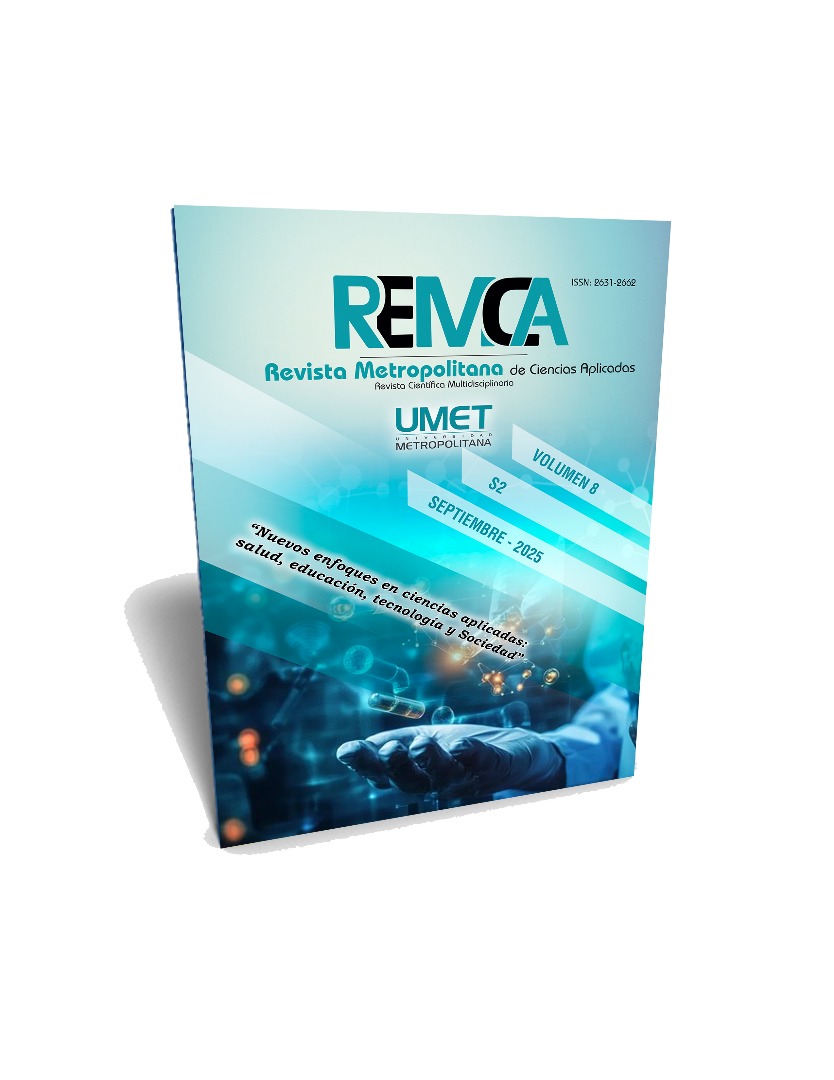Youth education in mountain areas: a proposal for systematization in practice
DOI:
https://doi.org/10.62452/fcsec327Abstract
Youth education is seen as a pedagogical challenge, but even more so when it is necessary to overcome the difficulties faced by young people in rural mountain areas. Economic and geographic limitations leave their mark on school dropout rates, the lack of continued education, and the realization of life plans. The study of initiatives and programs in Latin American countries revealed the importance of the Cuban Pedagogues Association (APC)'s work; however, a methodological framework is lacking that would allow this organization to contribute to streamlining the socio-educational process. This idea, encouraged by the transformative projection in the management of local development projects and programs, led to the question: How can the APC contribute to the education of young people in rural mountain communities? The objective was defined: to propose a sequence of actions to be developed by the APC to contribute to the education of young people in rural mountain areas. From a methodological perspective, a research project was conducted based on the systematization of the experiences and practices of the Apeseños (people living in mountainous areas) in an emblematic rural community in Cumanayagua. The willingness and support of government authorities, grassroots organizations, and Apeseños (people living in mountainous areas) allowed for a deeper reflection and the presentation of a preliminary intervention proposal. This confirmed the mediating role and leadership of the APC, based on the intersectoral action that characterizes the activities and methods of its socio-educational intervention with young people.
Downloads
References
Bronfenbrenner, U., & Morris, P. A. (2022). The bioecological model of human development. In R. M. Lerner (Ed.), Handbook of child psychology and developmental science (pp. 793–828). Wiley.
Dichiara, M. B. (2020). Tenemos una oportunidad en el barrio: programa educativo de jóvenes y adultos como política de estado local. Revista Del Instituto De Investigaciones En Educación, 11(14), 98–100. https://doi.org/10.30972/riie.11144646
Freire, P. (1970). Pedagogía del oprimido. Siglo XXI Editores.
Muñoz Tamayo, V. (2011). Juventud y política en Chile: Hacia un enfoque generacional. Última Década, 19(35), 113–141. https://doi.org/10.4067/S0718-22362011000200006
Organización de las Naciones Unidas para la Educación, la Ciencia y la Cultura. (2010). Políticas públicas de juventud en América Latina: Avances concretados y desafíos a encarar en el marco del Año Internacional de la Juventud [Documento de programa]. https://unesdoc.unesco.org/ark:/48223/pf0000188003
Robertt, P., & Lisdero, P. (2016). Epistemología y metodología de la investigación sociológica: reflexiones críticas de nuestras prácticas de investigación. Sociologias, 18(41), 54-83. https://doi.org/10.1590/15174522-018004103
Silva Diverio, I. (2003). La adolescencia y su interrelación con el entorno. Instituto de la Juventud.
Wyn, J., & Woodman, D. (2006). Generation, youth and social change in Australia. Journal of Youth Studies, 9(5), 495–514. https://eric.ed.gov/?id=EJ939803
Downloads
Published
Issue
Section
License
Copyright (c) 2025 Keila Solveira-Delgado, Jorge Misas-Hernández, María Magdalena López-Rodríguez del Rey (Autor/a)

This work is licensed under a Creative Commons Attribution-NonCommercial-ShareAlike 4.0 International License.
Authors who publish in Revista Metropolitana de Ciencias Aplicadas (REMCA), agree to the following terms:
1. Copyright
Authors retain unrestricted copyright to their work. Authors grant the journal the right of first publication. To this end, they assign the journal non-exclusive exploitation rights (reproduction, distribution, public communication, and transformation). Authors may enter into additional agreements for the non-exclusive distribution of the version of the work published in the journal, provided that acknowledgment of its initial publication in this journal is given.
© The authors.
2. License
The articles are published in the journal under the Creative Commons Attribution-NonCommercial-ShareAlike 4.0 International License (CC BY-NC-SA 4.0). The terms can be found at: https://creativecommons.org/licenses/by-nc-sa/4.0/deed.en
This license allows:
- Sharing: Copying and redistributing the material in any medium or format.
- Adapting: Remixing, transforming, and building upon the material.
Under the following terms:
- Attribution: You must give appropriate credit, provide a link to the license, and indicate if any changes were made. You may do this in any reasonable manner, but not in any way that suggests the licensor endorses or sponsors your use.
- NonCommercial: You may not use the material for commercial purposes.
- ShareAlike: If you remix, transform, or build upon the material, you must distribute your creation under the same license as the original work.
There are no additional restrictions. You may not apply legal terms or technological measures that legally restrict others from doing anything the license permits.




